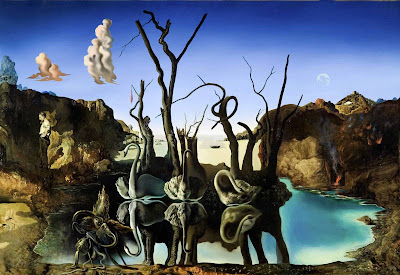As per global trends, it can be seen that many companies outsource their teams to countries like China and India to reduce overall costs as salaries offered to employees in these counties are much lower than in the West. Managing them in another country is no hassle as a manager is sent over to directly monitor the new team and to aid them, thereby helping them to adhere to company goals and policies.
Although the idea of relocating to a different country to work seems daunting at first, I think it would be a wonderful experience and we should embrace change. The only concern that I would like to raise now is the fact that big multinationals that set up offices abroad expect team members to follow the exact ways and methods with which they function at the headquarters. The gist of my argument is that although relocating and working in a new country is thrilling, what we are witnessing in the recent times is also a cultural invasion masked by a business strategy.
The following video clip describes and sums up my thoughts.
As seen in the clip, the protagonist is sent to India
to manage the customer service call centre that his company had established
there. He assumes that his new team fails to reach their expected targets due
to their lack of knowledge about American culture and therefore, are not able
to empathize with the average American customer.
As the movie progresses, it is revealed to the audience
that the real problem was due to the manager's inability to motivate his team,
his unawareness about Indian culture, the people and their thought process.
On how many occasions have we experienced the
authority of our superiors at work when they imposed certain methods and
strategies? This approach to dealing with employees and team members results in
dissatisfaction and anxiety at both ends.
Considering the cultural context of this issue,
this becomes even more sensitive. When it comes to working with people
from a different culture in their own country, it is extremely important to be
aware of cultural differences, without which one may come across as an
unapproachable authoritarian figure.
Cultural awareness in the business setting is most
important and relevant now than ever, as several companies are outsourcing jobs
to people across the globe. Companies must train their senior employees and
managers to think from another person's perspective and adopt suitable
strategies related to specific work environments.


